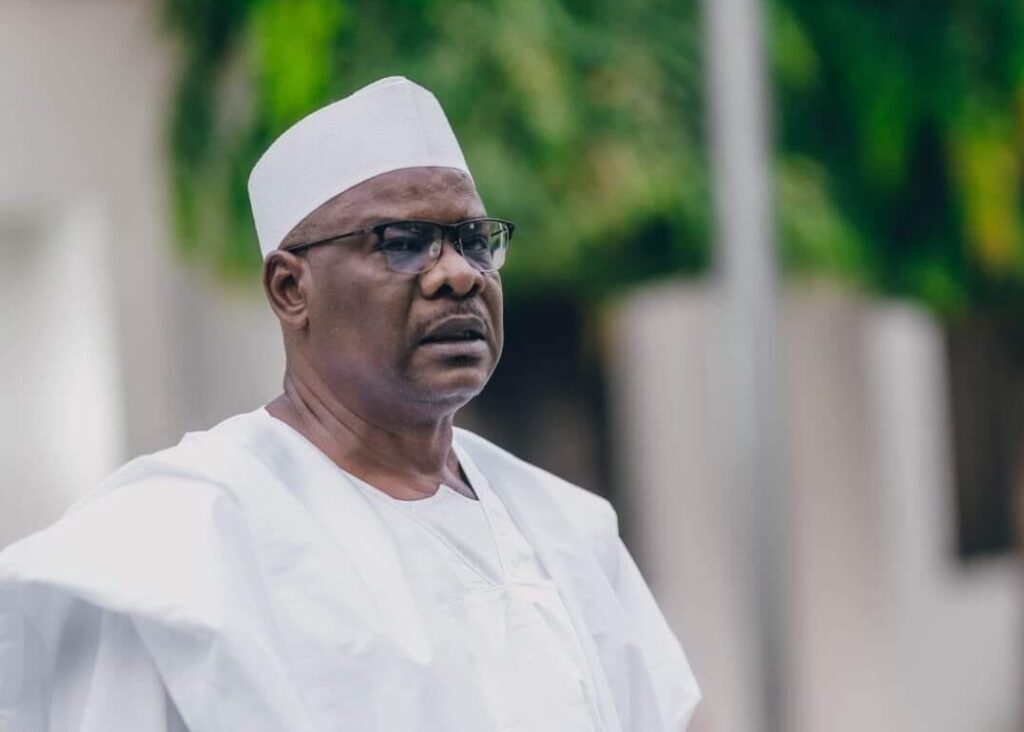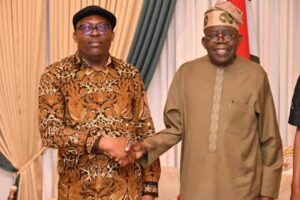Senator Ali Ndume has raised serious concerns about the rush to pass the tax reform bills currently being debated in Nigeria’s National Assembly. He believes the process is too hasty and lacks proper consultation, raising suspicions about the intentions behind the push.
The bills, sent to the National Assembly by President Bola Tinubu on October 3, propose changes such as setting up a Joint Revenue Board, a Tax Appeal Tribunal, and an Office of the Tax Ombud. These reforms aim to simplify Nigeria’s tax administration. However, Ndume argues that they are being rushed without enough input from key stakeholders.
During an interview on Channels Television’s Politics Today, Ndume called on the Presidency to withdraw the bills and seek more opinions, as advised by the National Economic Council (NEC). “Why the hurry?” Ndume asked. “Governors, NEC, and others have called for wider consultations. Ignoring this raises suspicions.”
Ndume also criticized the timing of the bills, saying it is unfair to introduce new taxes when Nigerians are already struggling economically. “People are barely surviving,” he said. “The right time for reforms is when citizens are thriving, not struggling to get by.”
He likened the reforms to giving people something with one hand and taking it back with the other. While he supports improving Nigeria’s tax system, he insists the current conditions make it an inappropriate time for such measures.
Ndume compared the tax reform process to the Petroleum Industry Bill (PIB), which took years of consultation before being passed. He noted that careful debate and input from all sides were crucial in making the PIB successful, and he believes the same approach should be applied to the tax reform bills.
Responding to suggestions that he is opposing the reforms to undermine President Tinubu, Ndume dismissed such claims. He clarified that his goal is to help the administration succeed by ensuring policies are well-planned and effectively implemented.
Despite his objections, the Senate passed the bills for a second reading on November 28 through a voice vote. These reforms are part of President Tinubu’s broader agenda to streamline tax administration and improve revenue collection in Nigeria.






